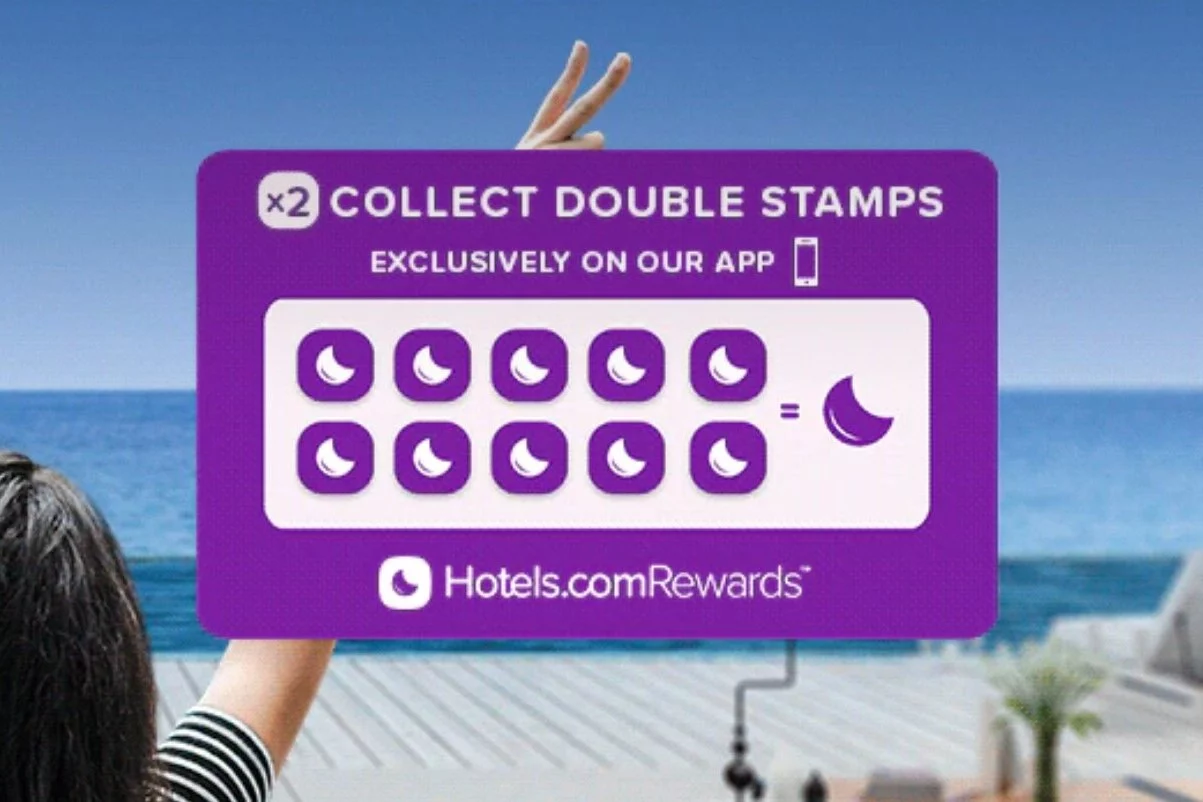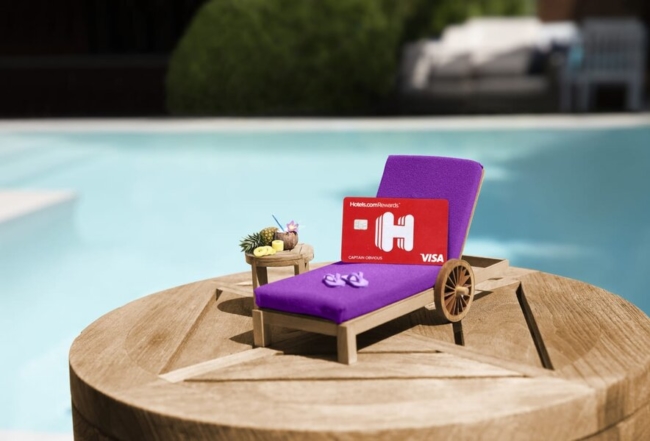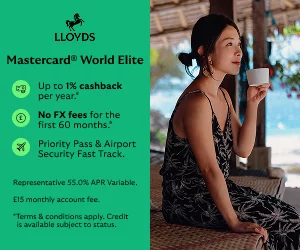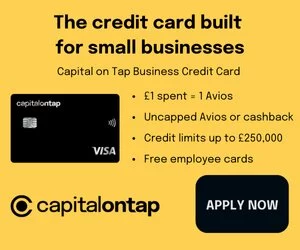Hotels.com Rewards may be coming back, as it attempts to recover market share
Links on Head for Points may support the site by paying a commission. See here for all partner links.
Whilst HfP readers may put the changes at British Airways Club down as the biggest loyalty disaster in recent times (although arguably Virgin Atlantic’s bodged move to dynamic redemption pricing is even worse), the real winner for biggest loyalty screw-up this decade is Expedia Group.
Say what you like about the British Airways and Virgin Atlantic changes, but neither had such a big impact on sales as the launch of One Key.
Dropping Hotels.com Rewards for the anaemic One Key has been a disaster for Expedia Group. The response was so bad that the roll-out has been abandoned. Unfortunately, the US and the UK – which had already switched – are stuck with it.

You didn’t need to be a loyalty guru to realise that – when you are selling a commodity product (someone else’s hotel room) – cutting the kickback to the buyer from 10% to 2% is a disaster waiting to happen. And so it proved.
One Key appears to be going away
Heavy stayers (or, I should say, ex-heavy stayers) at Hotels.com have received a survey this week. There is a £500 raffle prize to encourage people to complete it.
The survey is far, far too complex for people to bother completing it seriously, unfortunately – especially as it seems to have gone to lapsed customers.
The key part, however, is this.
Expedia Group is asking people to choose between two options:
Option 1:
Hotels.com Rewards returns but with a different reward structure
Under Option 1, you would earn HotelsCash. This is basically the same structure as OneKeyCash BUT at a far higher rate. You would start at 6% and go up to 10% if you hit 30 nights per year. You can cash out your accumulated HotelsCash for a room discount at any time.

Option 2:
Hotels.com Rewards returns with the original structure
Under Option 2, the old programme returns. For every 10 nights you book, you receive a free night for the average cost of those 10 nights. You can’t cash out until you have done 10 nights.
It is worth noting that there is no ‘Option 3 – Retain One Key’.
The rest of the survey is just sweating the small stuff:
- What sort of bonus would you like for hitting elite status?
- Should Hotels.com match your elite status with the major hotel loyalty schemes?
- Are you excited by getting gifts of Uber credit, coworking space vouchers, guaranteed upgrade vouchers, free laundry at select hotels, upgrades if available at check-in, airport security fast track vouchers, price drop protection, earning HotelsCash on Starbucks purchases etc?
The bottom line is that One Key appears to be on the way out and Hotels.com Rewards appears to be on the way back.
Whether this is in the form of ‘buy 10, get one free’ as it was originally, or simply a 6% minimum reward (vs 2% today) remains to be seen.
You could give Expedia Group some credit for listening. In truth it didn’t listen before it launched One Key and – as it turned out – didn’t have the slightest understanding of why people (or at least the 20% of people who represented 80% of its bookings) were using Hotels.com in the first place.



 Rob
Rob 





Comments (113)